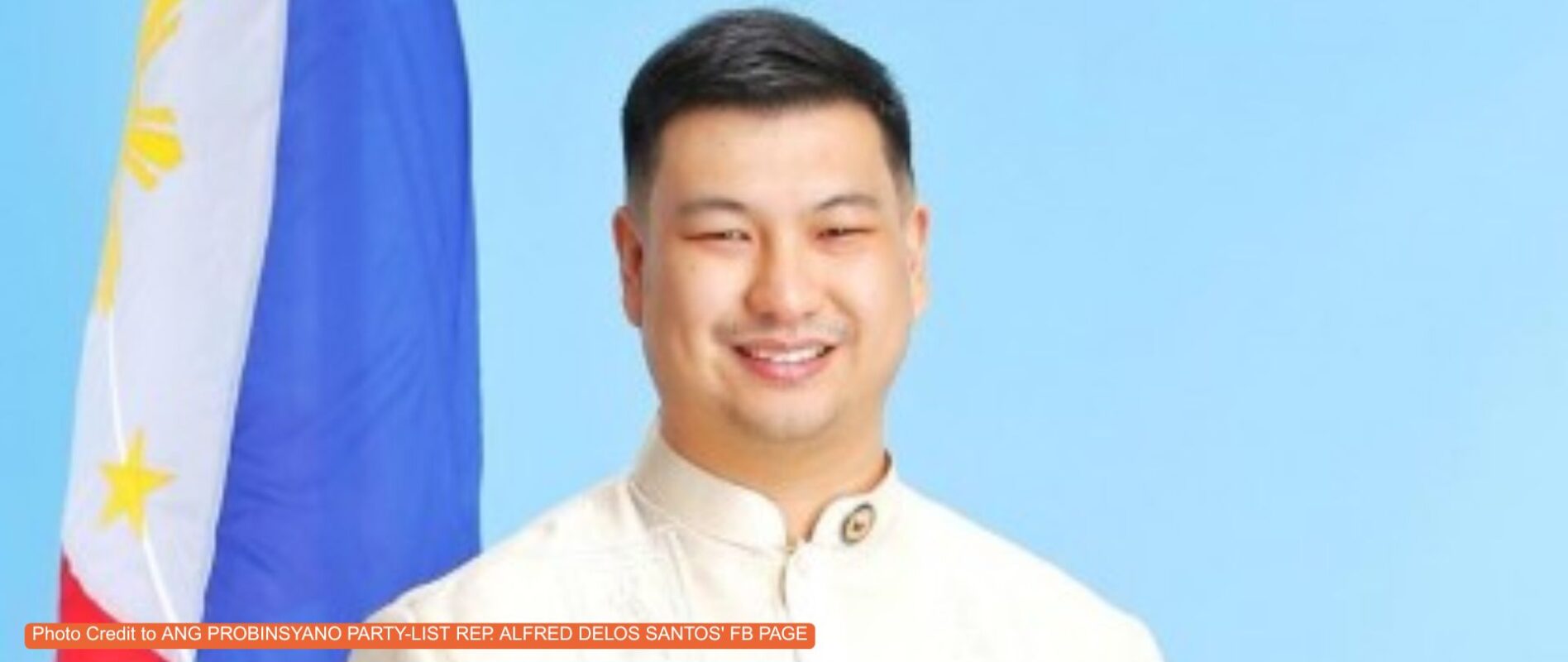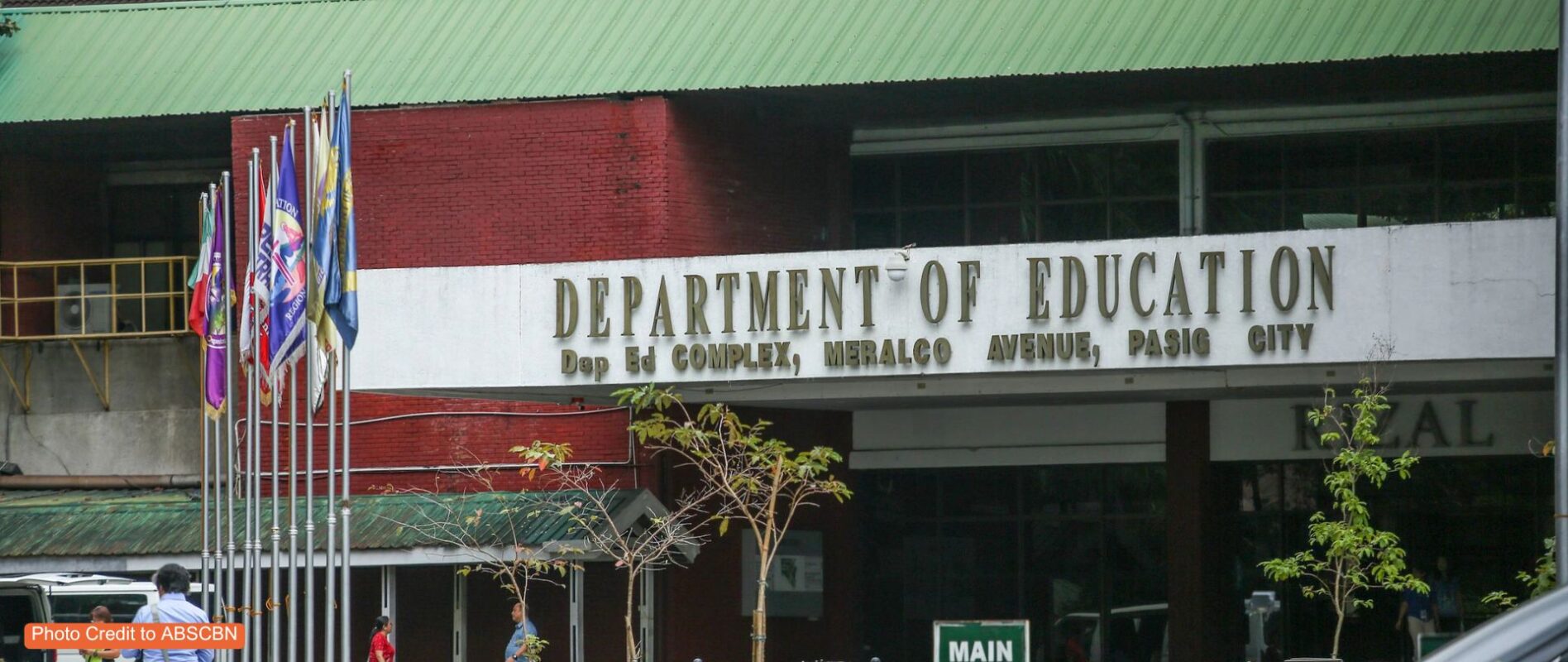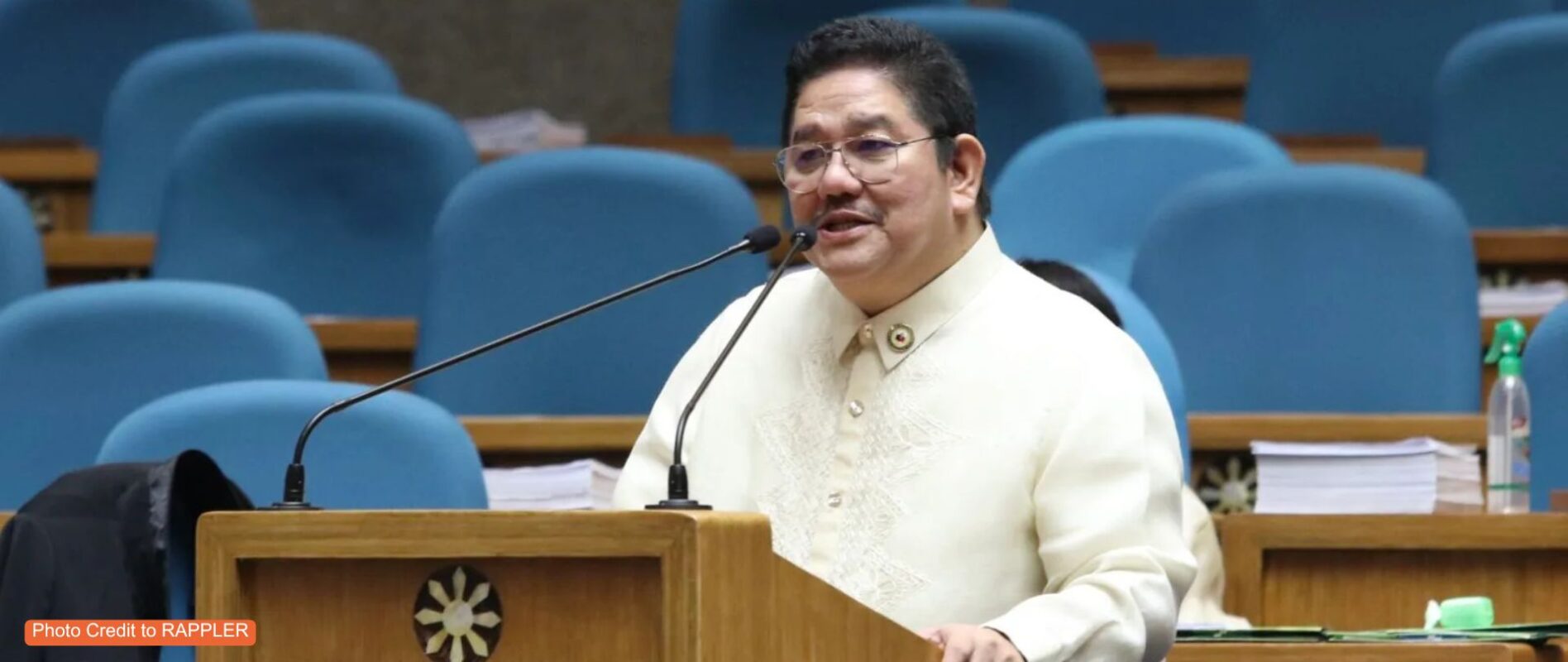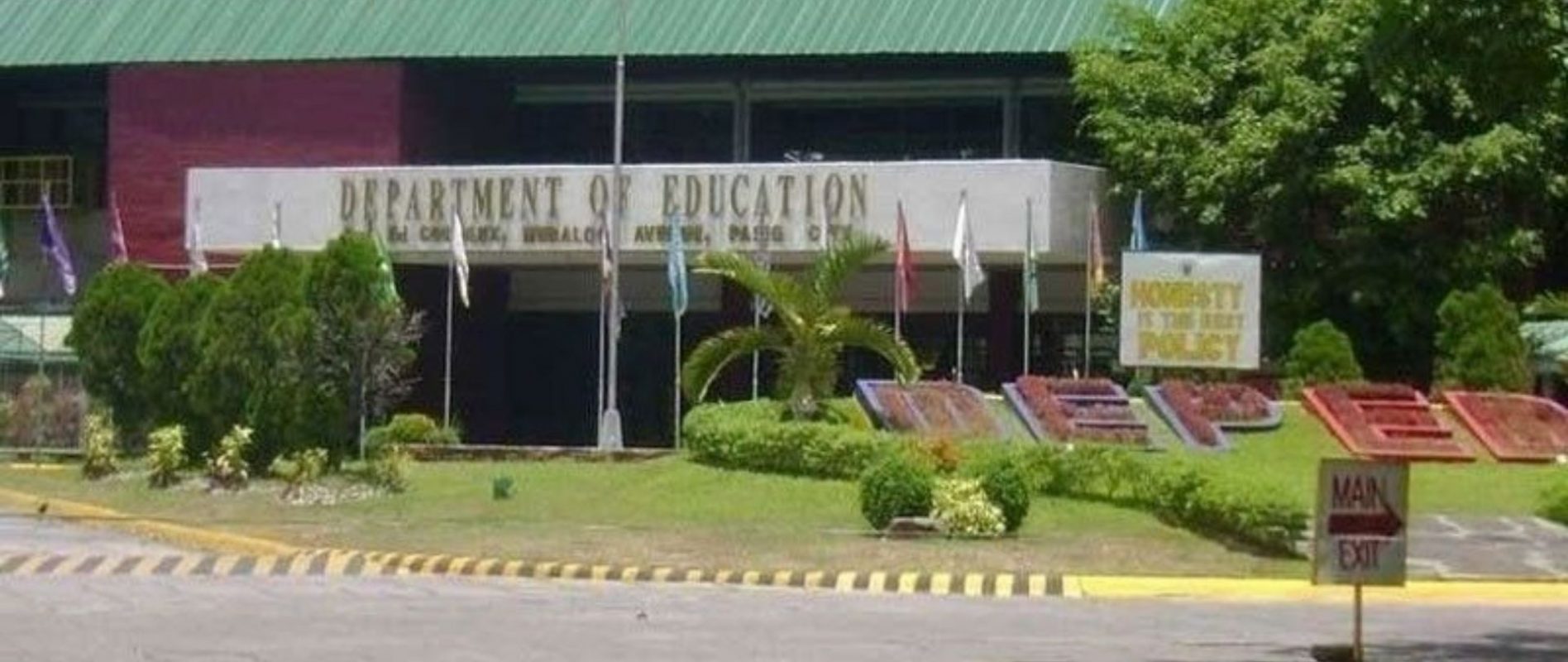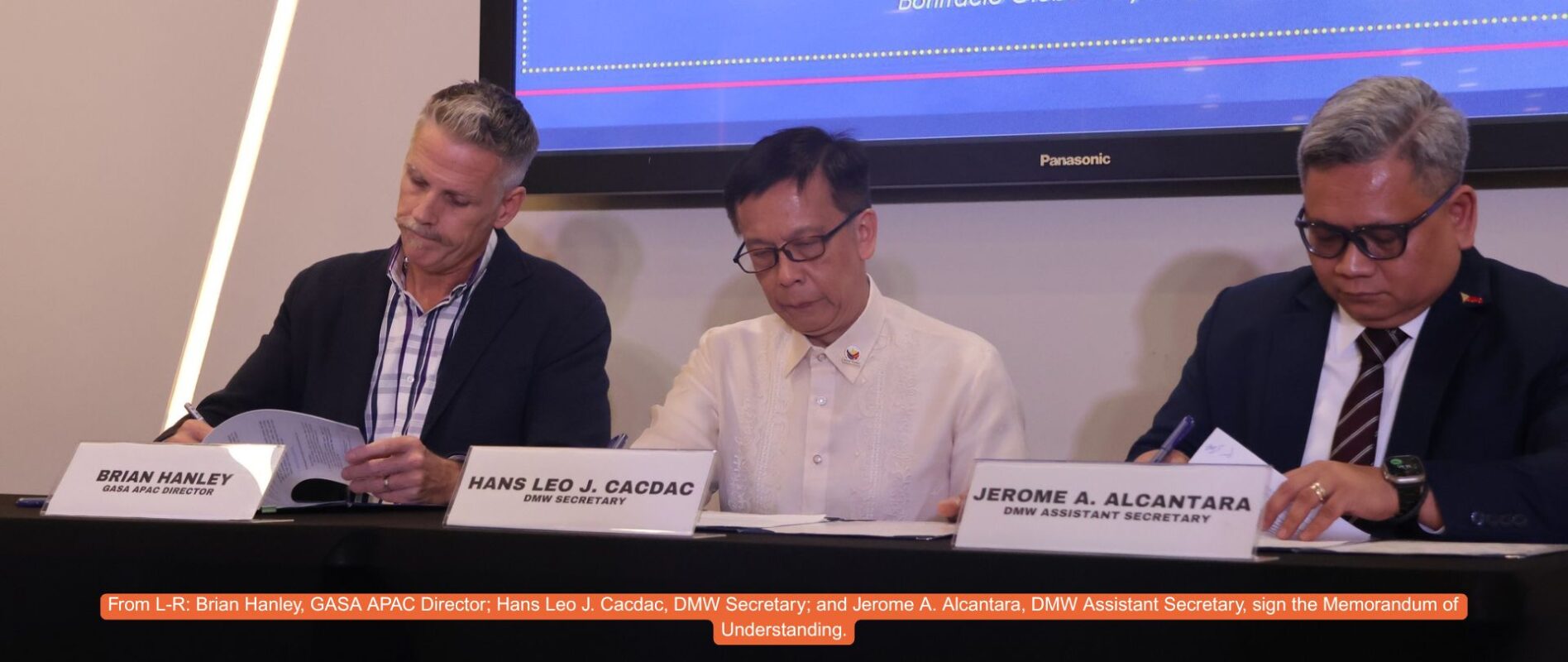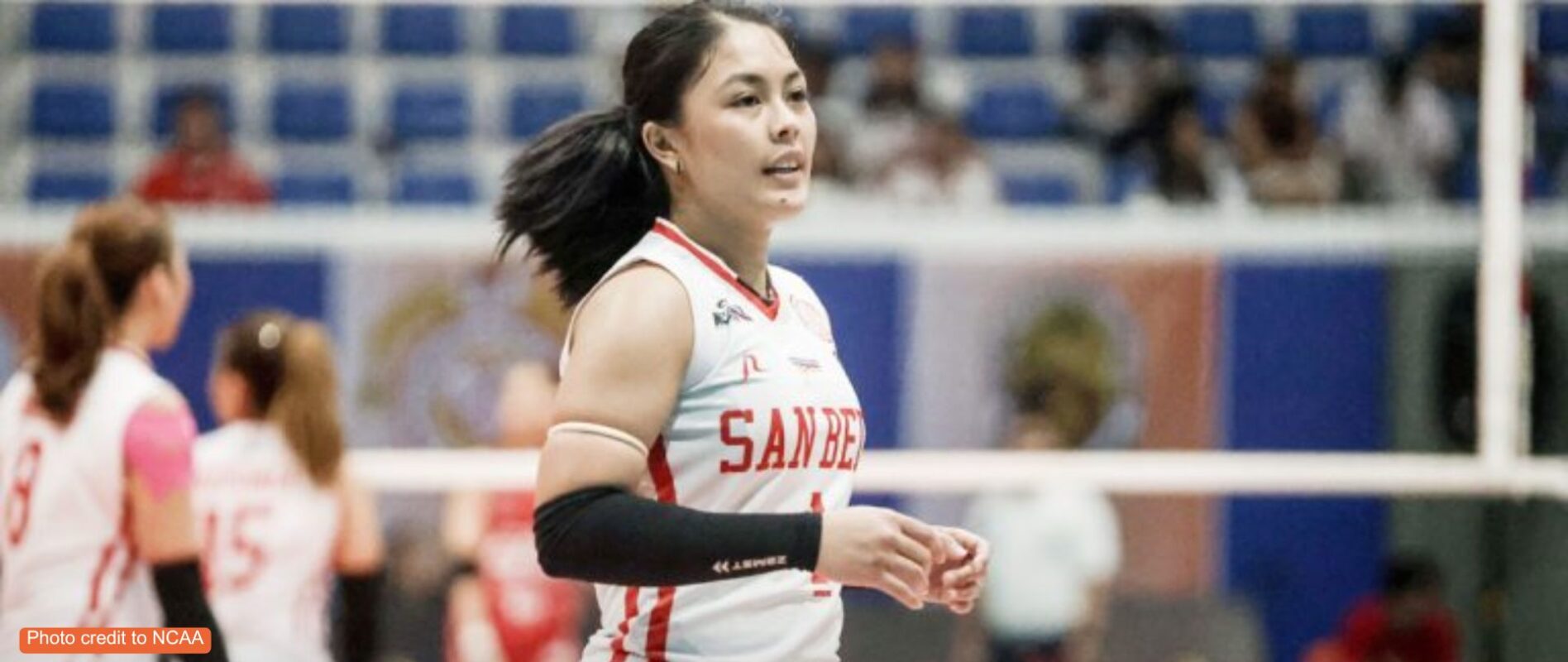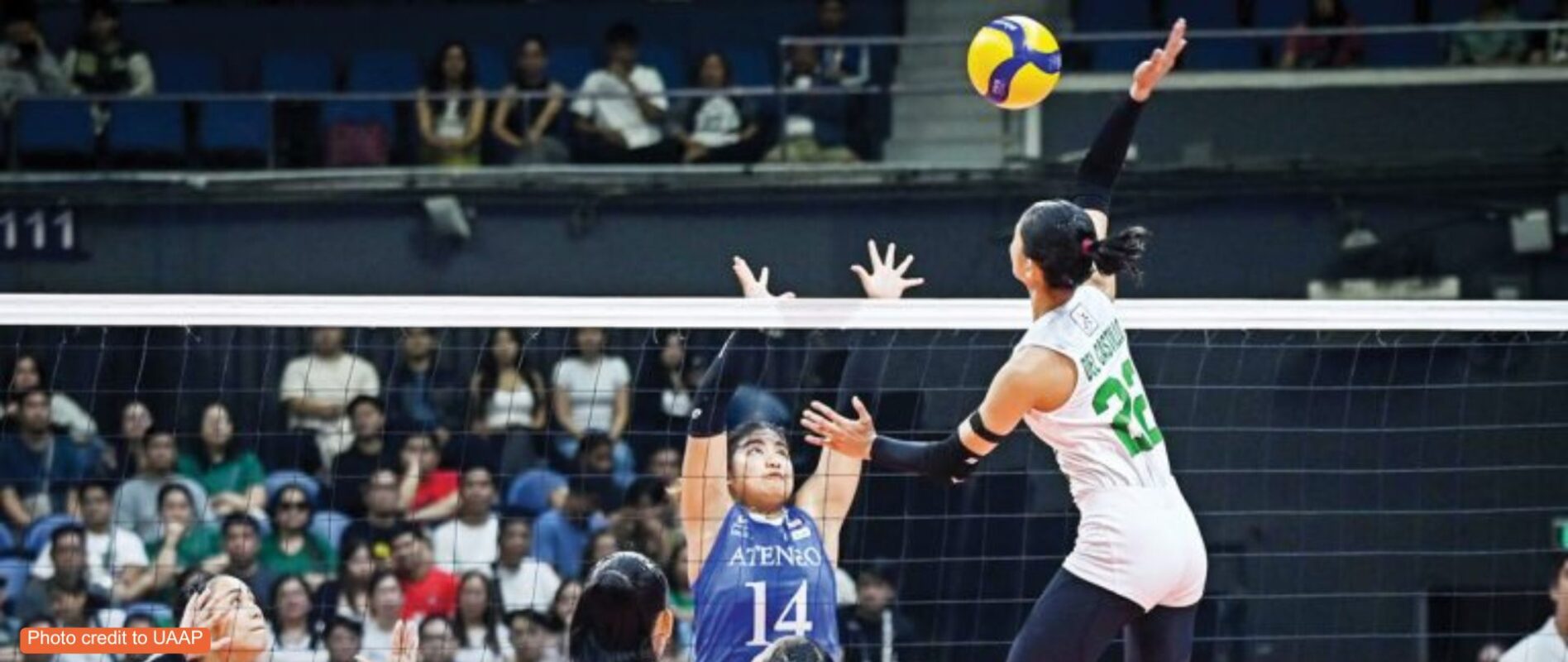DEPED ‘NOT TRUTHFUL’ ON CLAIM THAT 93% OF PUBLIC SCHOOLS HAVE COMPUTERS, SAYS THE ACT
A MILITANT teachers' group has described as misleading the Department of Education’s claim that about 93 percent of public schools have devices for blended distance learning.
A MILITANT teachers’ group has described as misleading the Department of Education’s claim that about 93 percent of public schools have devices for blended distance learning.
The Alliance of Concerned Teachers said the figures conceal the fact that available computers at the schools are outdated, if not non-functional, and cannot be utilized for online learning.
“The DepEd is talking about the computers in computer labs which had been bought years ago through DepEd’s old computerization programs. Worse, many schools still don’t have computer laboratories until now. In some where these are available, teachers can attest to the limitedness of these gadgets in terms of quantity and quality, with a computer-student ratio of up to 1:5 per class and these typically only run basic and offline software,” Benjamin Valbuena, the group’s spokesperson, said in a statement.
Citing reports on the ground, Valbuena pointed out that even national high schools, which are usually the biggest in their respective divisions, have limited to none in terms of available digital gadgets.
Magsaysay National High School in Northern Samar (Region VIII) does not have a computer laboratory to this day, while Magallanes National High School in Sorsogon (Region V) only has 15 percent functional units. Reports from Region VII showed that in many cases, school computers hardly work – with several needing to be repaired and upgraded, while others reported that only host computers work – and the schools lack internet connection.
In late May, DepEd Undersecretary for Administration Alain Pascua listed 44,155 public schools having a total of 1,042,575 computer devices. Of those, 99,548 are laptops, 308,150 are tablet PCs and the rest are desktops.
Valbuena explained, however, that many schools utilize a server-client system for their laboratory, which means that several client computers are mostly controlled by a server computer run by the teacher. Without the latter, the said computers cannot be used.
“This means students can’t take these home for distance learning, nor can teachers who are under the WFH scheme. The few available tablets for students, on the other hand, are so ‘low-tech’ that they can only use Microsoft apps, while online apps will cause lagging. Some teachers who flocked to schools with the intent of using these were dismayed to find poor to totally no internet connection installed at schools,” Valbuena stressed.
The ACT also cited several social media comments from teachers belying DepEd’s claims, with some saying their schools don’t even have electricity, nor has the DepEd provided them with basic equipment and teaching needs like projectors, lapel microphones, and the like.
One teacher noted that she even had to buy the table she uses at school. Many teachers asked where these 93 percent can be found, as they are certainly not in their respective schools, while one quipped, “So all of us here comprise the 7 percent?”
“At best, these claims made by DepEd are puzzling to us and disturbing at worst. This seems like a sly, deliberate misrepresentation of tech availability and usability in schools. Instead of reassuring the public with distorted facts, we urge DepEd to bear the sorry truth of our schools – this way, we can perhaps work together in demanding better budget allocation from the national government,” Valbuena challenged.
He recalled that the DepEd has consistently “bragged” about its readiness in the weeks leading up to August 24, only to reveal later that as early as August 6, no less than Secretary Leonor Briones had requested for postponement in light of unmet minimum requirements to resume classes.
The group’s spokesperson said this is unacceptable for a public official and goes against the mandate for transparency.
“If the DepEd genuinely shares our aim of ensuring safe, accessible, and quality education for the youth, we urge them to join the growing clamor of multiple education stakeholders in demanding sufficient support from the Duterte administration. This will be especially crucial as the 2021 budget starts deliberation,” Valbuena ended.


